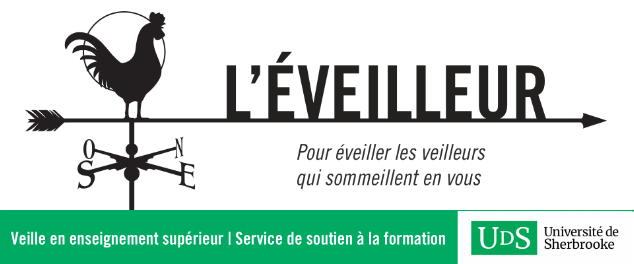Higher Education Degree Datacheck, une agence britannique du Ministère du commerce (Department of Business) a recensé 190 institutions fictives tentant de vendre des diplômes comme la ‘University of Wolverhamton’ (il manque un ‘p’) ou ‘Manchester University’ (la véritable institution est la University of Manchester). Les sites frauduleux varient en terme de crédibilité et des clients qu’ils tentent d’hameçonner.
«The international industry, peddling fake degrees sometimes unrecognisable from the real thing, is growing rapidly, with a 14% increase on the number of verifications carried out by the datacheck service in the last year alone.
Copies of the fake certificates can often be countersigned by notaries or solicitors attesting to having viewed the original certificate, not realising that the ‘original’ isn’t genuine and associated websites can be so sophisticated that employers and hopeful students cannot tell the difference. » (Paton, 2015)
En mai dernier, le New York Times traçait le portrait de la firme Pakistanaise Axact, une compagnie de logiciel qui ferait des dizaines de millions de dollars annuellement en vendant de faux-diplômes pour quelques 370 fausses institutions. La supercherie est devenue assez développée:
“Their websites, glossy and assured, offer online degrees in dozens of disciplines, like nursing and civil engineering. There are glowing endorsements on the CNN iReport website, enthusiastic video testimonials, and State Department authentication certificates bearing the signature of Secretary of State John Kerry.
“We host one of the most renowned faculty in the world,” boasts a woman introduced in one promotional video as the head of a law school. “Come be a part of Newford University to soar the sky of excellence.”
Yet on closer examination, this picture shimmers like a mirage. The news reports are fabricated. The professors are paid actors. The university campuses exist only as stock photos on computer servers. The degrees have no true accreditation.” (Walsh, 2015)
Les clients varient. Parfois, ils sont très conscients qu’ils achètent de faux-papiers (“Many customers of degree operations, hoping to secure a promotion or pad their résumé, are clearly aware that they are buying the educational equivalent of a knockoff Rolex.”). Notamment au Moyen-Orient où l’on a vendu des diplômes en aéronautiques à des employés de lignes aériennes, des diplômes médicaux à des infirmières, mais aussi en Grande-Bretagne où un faux-criminologue a été appréhendé avec des diplômes provenant d’Axact.
À d’autres occasions, ce sont des personnes qui croient vraiment qu’on leur vend de la formation à distance d’institutions légitimes et à qui on exige davantage d’argent pour la faire certifier. (“They would threaten the customers, telling them that their degrees would be useless if they didn’t pay up,” said a former sales agent who left Axact in 2013.”)
“Hands down, this is probably the largest operation we’ve ever seen,” said Allen Ezell, a retired F.B.I. agent and author of a book on diploma mills who has been investigating Axact. “It’s a breathtaking scam.”(Walsh, 2015)
Le gouvernement britannique a mandaté une firme nommée Prospects pour soutenir les universités de Grande-Bretagne aux prises avec de tels faussaires.
Sources:
Paton, Callum, “Government identifies 190 fake universities selling bogus degrees in multi-million pound industry“, International Business Times, 8 juin 2015
Walsh, Declan, “Fake Diplomas, Real Cash: Pakistani Company Axact Reaps Millions“, New York Times, 17 mai 2015.






